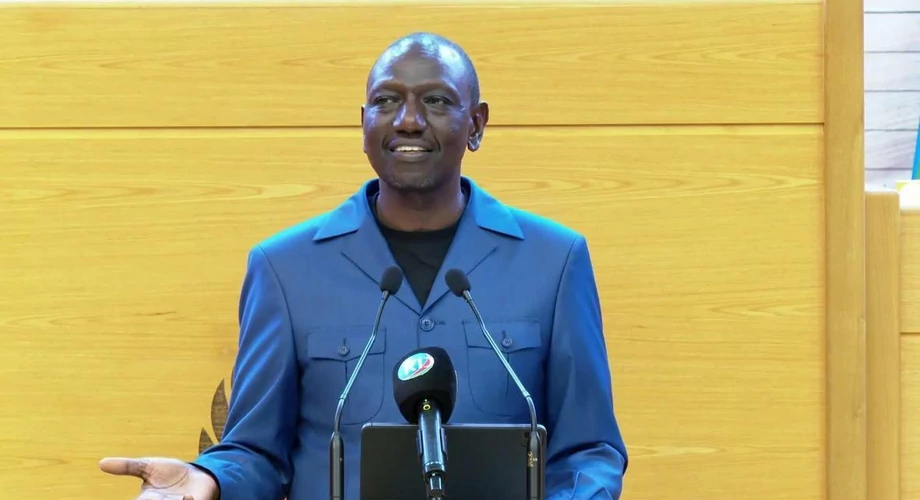In a move that has ignited a wave of controversy and sparked intense debate across the nation, Kenyan President William Ruto has taken the bold step of signing into law a bill that effectively doubles the gasoline tax and introduces a range of new levies. This decision, while aimed at bolstering the country’s revenue streams, has raised significant concerns among citizens and opposition leaders alike, who fear the detrimental impact it may have on the already struggling population.
The new tax package, projected to generate a substantial $2.1 billion in revenue, comes at a high cost for Kenyan citizens. Income tax rates are set to rise, placing an additional burden on individuals and households, who are already grappling with economic challenges. Moreover, essential commodities and services will now be subject to fees, further straining the finances of ordinary Kenyans who depend on these items for their daily lives.
The implementation of this controversial tax law is poised to unleash a fresh wave of public discontent, with opposition leader Raila Odinga at the forefront of anticipated protests. Odinga, a prominent figure in Kenyan politics, has been a vocal critic of the government’s fiscal policies. He argues that the newly imposed levies, combined with the heightened income tax rates, will exacerbate the hardships faced by Kenyan citizens, who are already grappling with squeezed incomes and unfulfilled campaign promises.
The contentious decision by President Ruto to sign this bill into law has not gone unnoticed by the Kenyan public, who are increasingly expressing their discontent and frustration. Many citizens had hoped for measures that would alleviate their financial struggles and improve their quality of life. However, the implementation of this tax legislation appears to have dashed those aspirations, reigniting calls for a more compassionate and inclusive approach to economic management.
As the ramifications of these tax changes become apparent in the daily lives of Kenyan citizens, the nation finds itself at a critical crossroads. The government must now navigate the delicate balance between generating much-needed revenue and addressing the pressing concerns of its people. The outcome of this challenge will not only shape the immediate future of the country but also determine the level of trust and confidence citizens place in their leadership.
The stage is now set for a contentious battle, with President Ruto defending his decision while facing mounting opposition from citizens and leaders alike. How this situation unfolds will have far-reaching implications for the socio-economic landscape of Kenya and may serve as a defining moment in the country’s ongoing journey towards progress and prosperity.




